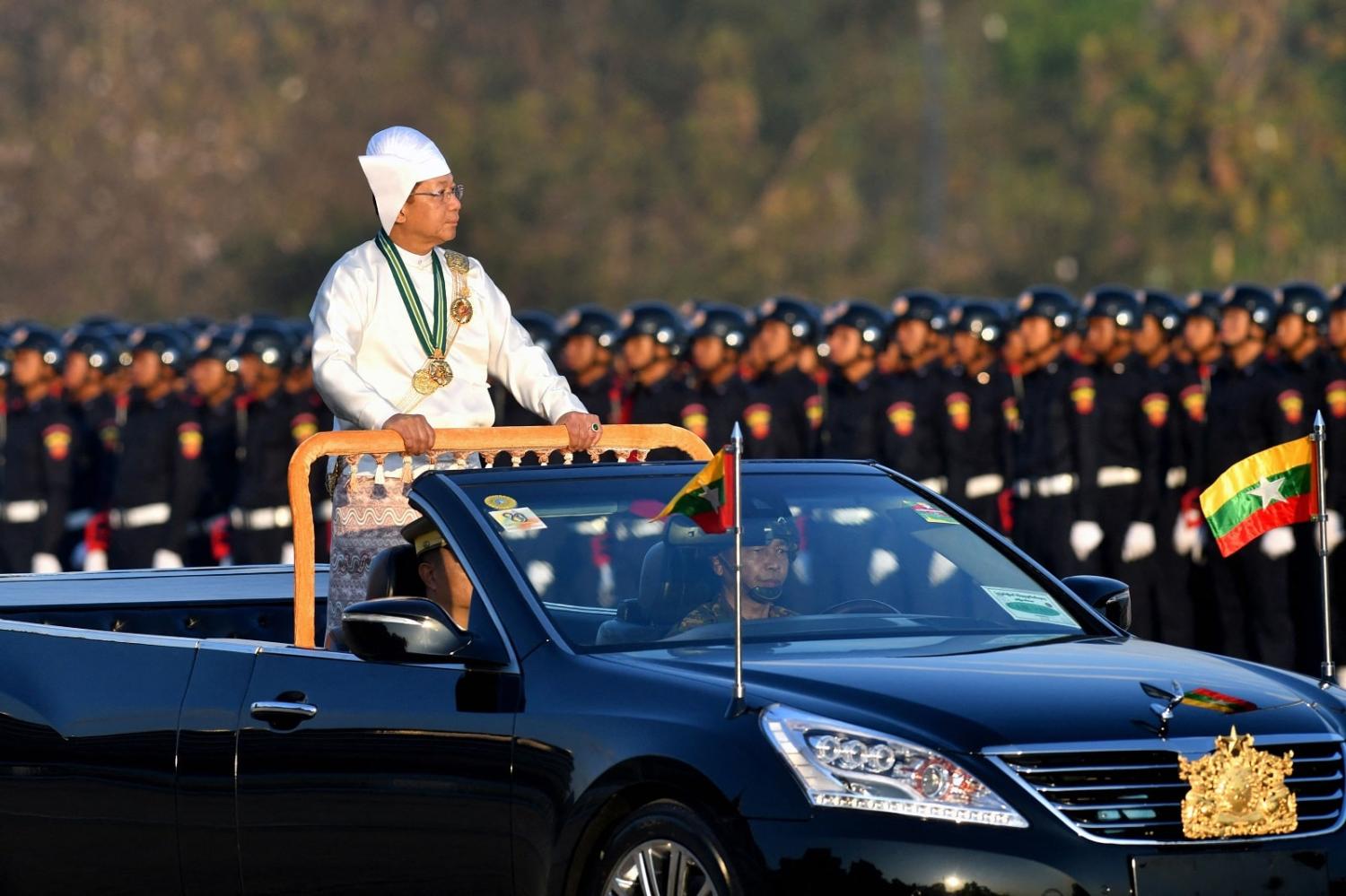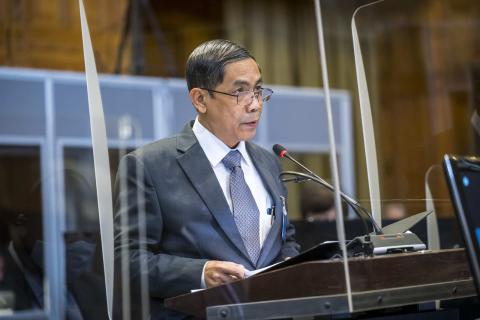It took Australia two years after Myanmar’s coup to impose new sanctions. On 1 February, Foreign Minister Penny Wong announced autonomous sanctions on the 16 members of the State Administrative Council – the military junta that runs the country – and two military-controlled economic entities. This is a welcome move, but these are the most basic possible measures and should be understood as the starting point, rather than an end point for Australian sanctions on the regime.
The United States, United Kingdom, Canada and New Zealand also announced new sanctions to mark the anniversary of the coup. While the “Five Eyes” aligned their announcements, each chose to sanction different individuals and entities: the UK sanctions focus on companies supplying the Myanmar military with aviation fuel. Canada’s announcement focuses on aviation fuel supply and Myanmar military responsible for human rights abuses. The US sanctions are the most extensive, covering the Union Election Commission, military-controlled mining entities and officials in the energy sector, a crucial source of revenue for the regime.
Human rights groups have deplored Australia’s delay in announcing sanctions. Yet the reasons for the delay have always been clear. First, as Australian officials acknowledged publicly, Canberra has sought to position itself as an Indo-Pacific country that aligns itself more with responses from other regional countries, such as Japan and members of ASEAN, rather than the United States or United Kingdom. As in its engagement with other regional countries with poor human rights records, such as Cambodia, Australia has hoped that by avoiding sanctions, it would preserve the chance for dialogue and constructive quiet engagement. More pragmatically, Australia had until November the overriding priority of securing the release of Sean Turnell, and likely worried that sanctions could compromise this objective.
Now that Australia has opened the door to sanctions, harder questions arise.
Announcing a limited first round of sanctions is smart policy: it keeps powder dry so that Australia has a response in hand if, as seems inevitable, the Myanmar junta commits further abuses. However, it leaves harder choices for later. Does Australia support a concerted strategy of depriving the junta of revenue? Does Australia see sanctioning the Union Election Commission as effective, even though credible Myanmar analysts have warned the election is likely to go ahead despite international opposition? How worthwhile are further sanctions as a tool to force change in Myanmar, given that the regime has sources of support from within its own region and beyond? And does Australia sacrifice any opportunities for direct engagement with Myanmar or regional-led diplomacy by aligning with the United States and United Kingdom on sanctions?
These are the hard questions that Canberra will now have to explore.

